High Technology Litigation
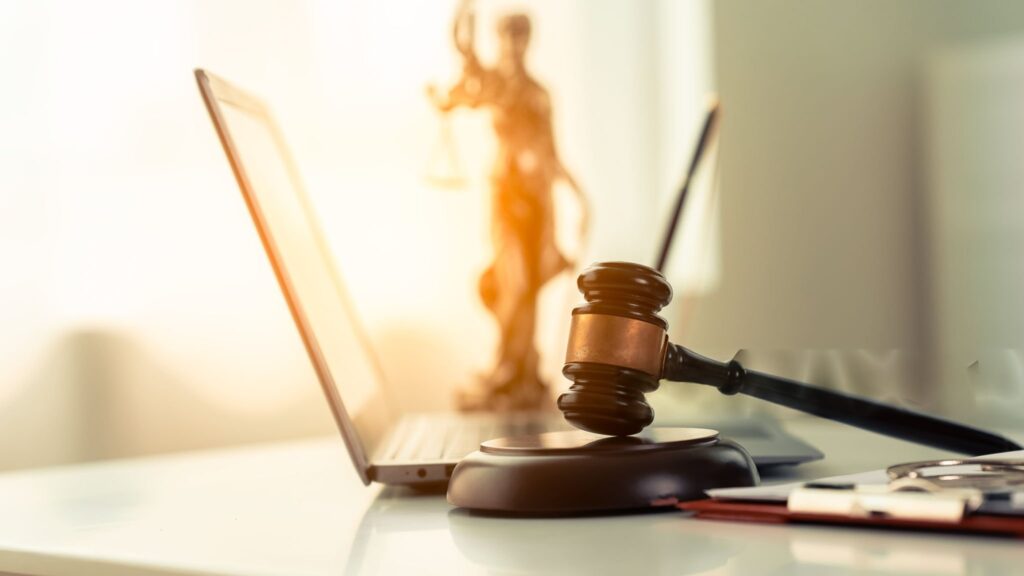
High Technology (High-Tech) is cutting edge or the most advanced technology available.
: scientific technology involving the production or use of advanced or sophisticated devices especially in the fields of electronics and computers.
Licensing Law

Licensing law relates to the authorized use of a copyrighted work.
Licenses are granted by the owner of Intellectual Property (IP), usually in exchange for a fee, to authorize another person to use that work.
Internet Law
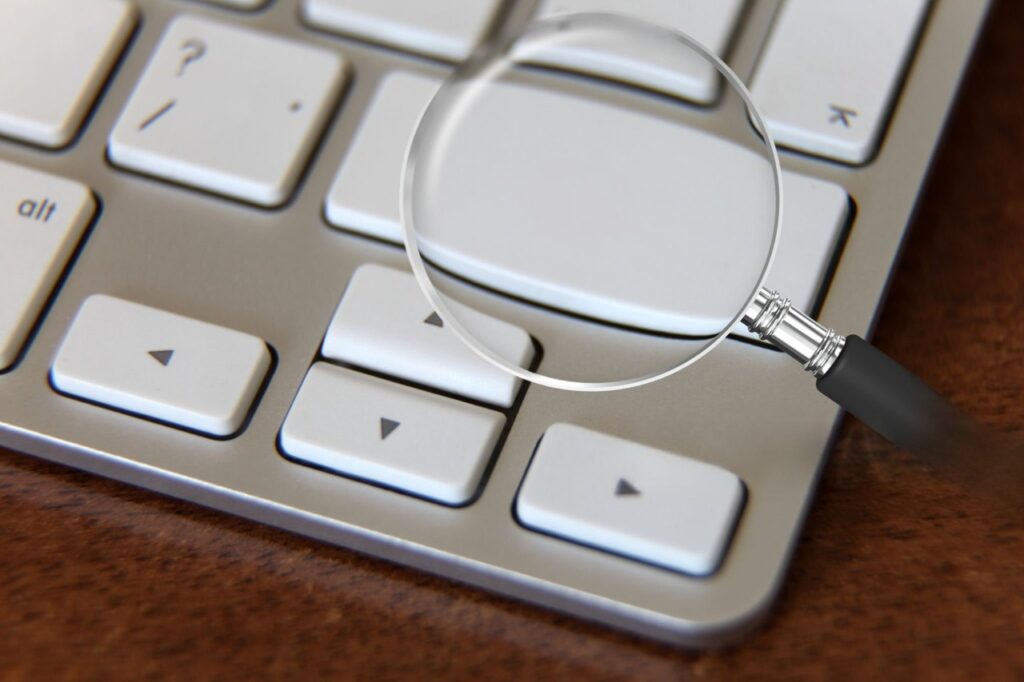
Internet law refers to how legal principles and legislation govern the use of the internet in all its forms. Another term for internet law is cyberlaw.
Computer Law

Computer Law encompasses all of the laws that relate to the transfer, use, and storage of electronic information.
Copyright
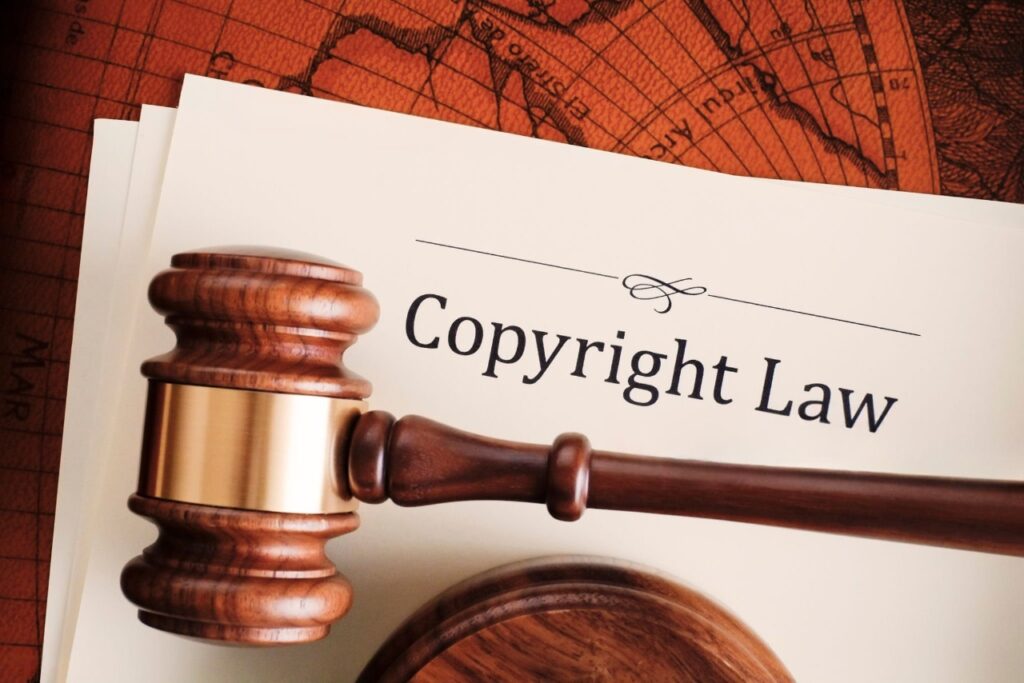
A bundle of intangible rights granted by statute to the author or originator of certain literary or artistic productions, whereby, for a limited period, the exclusive privilege is given to that person (or to any party to whom he or she transfers ownership) to make copies of the same for publication and sale.
Trade Secrets

Any valuable commercial information that provides a business with an advantage over competitors who do not have that information.
Trademarks
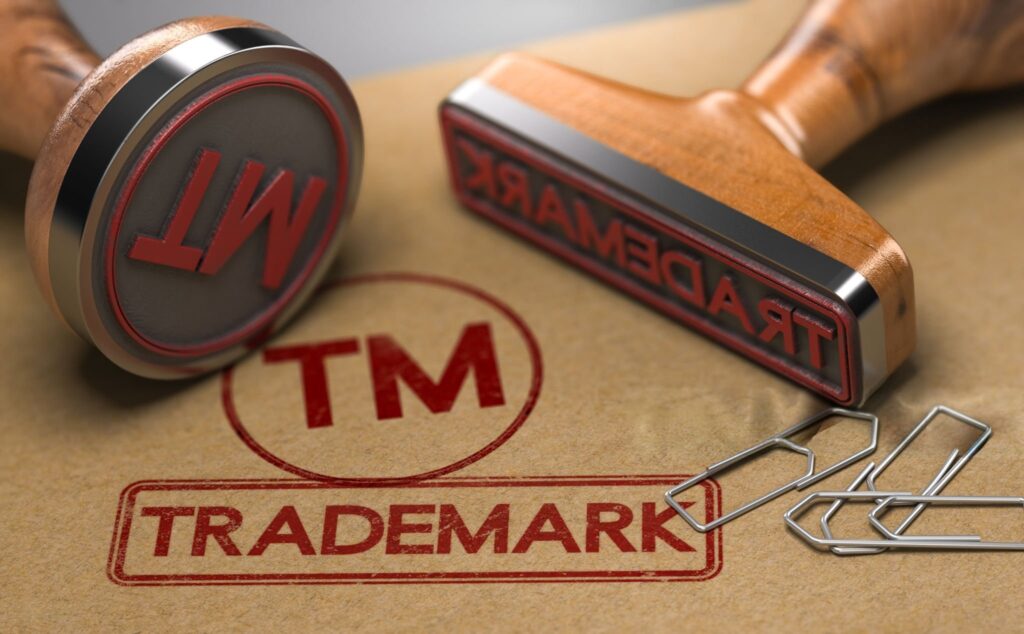
Distinctive symbols of authenticity through which the products of particular manufacturers or the salable commodities of particular merchants can be distinguished from those of others.
Patents Law
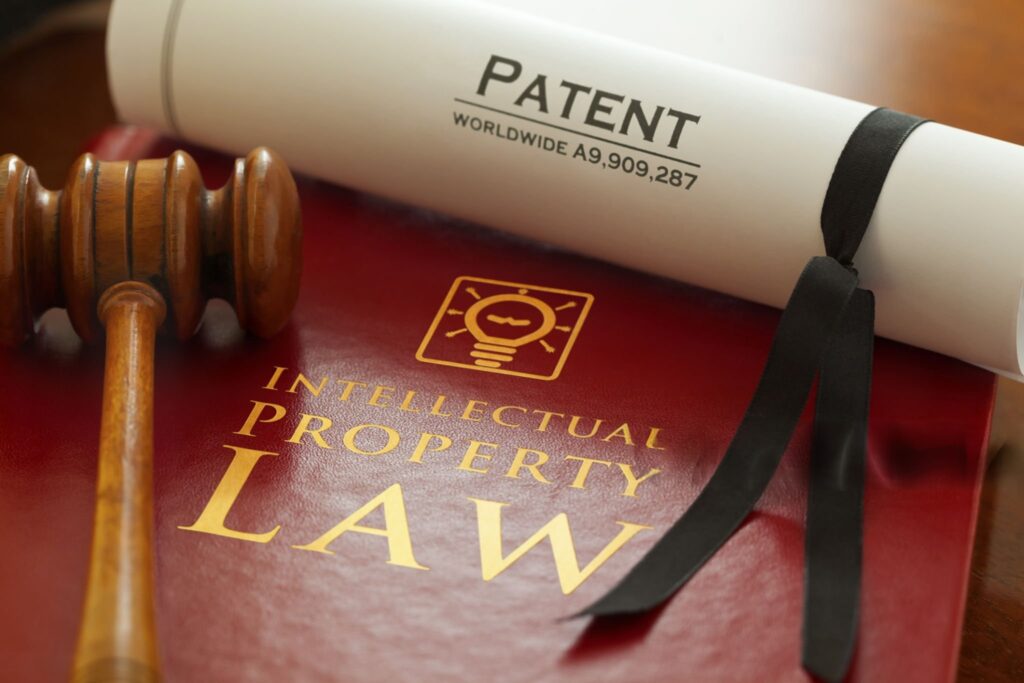
Rights, granted to inventors by the federal government, pursuant to its power under Article I, Section 8, Clause 8, of the U.S. Constitution, that permit them to exclude others from making, using, or selling an invention for a definite, or restricted, period of time.
Intellectual Property
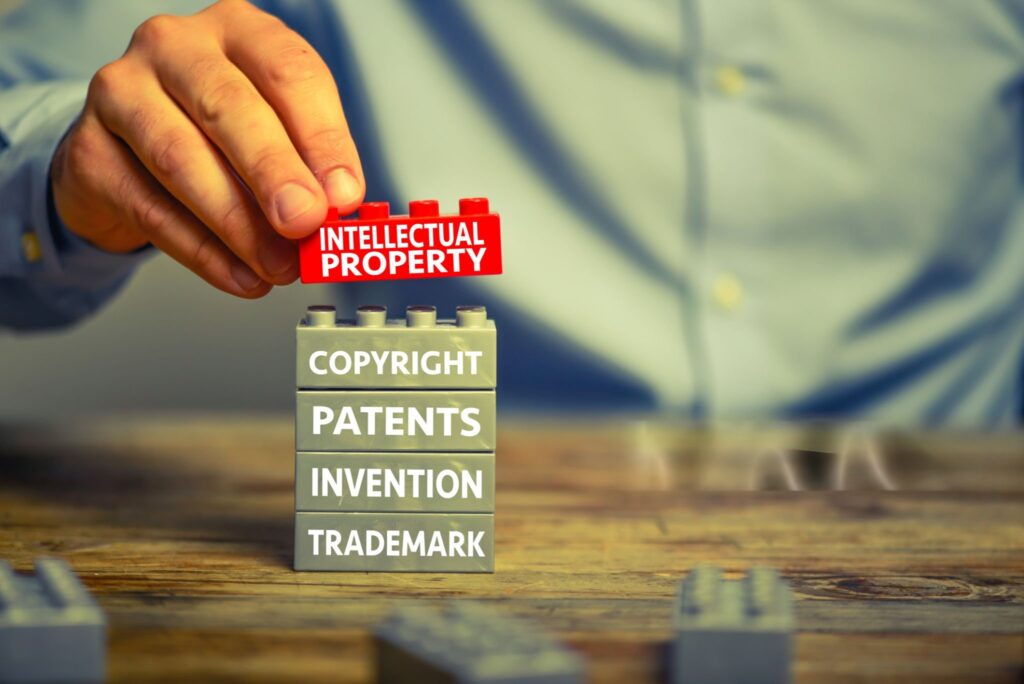
A property right that can be protected under federal and state law, including copyrightable works, ideas, discoveries, and inventions.
